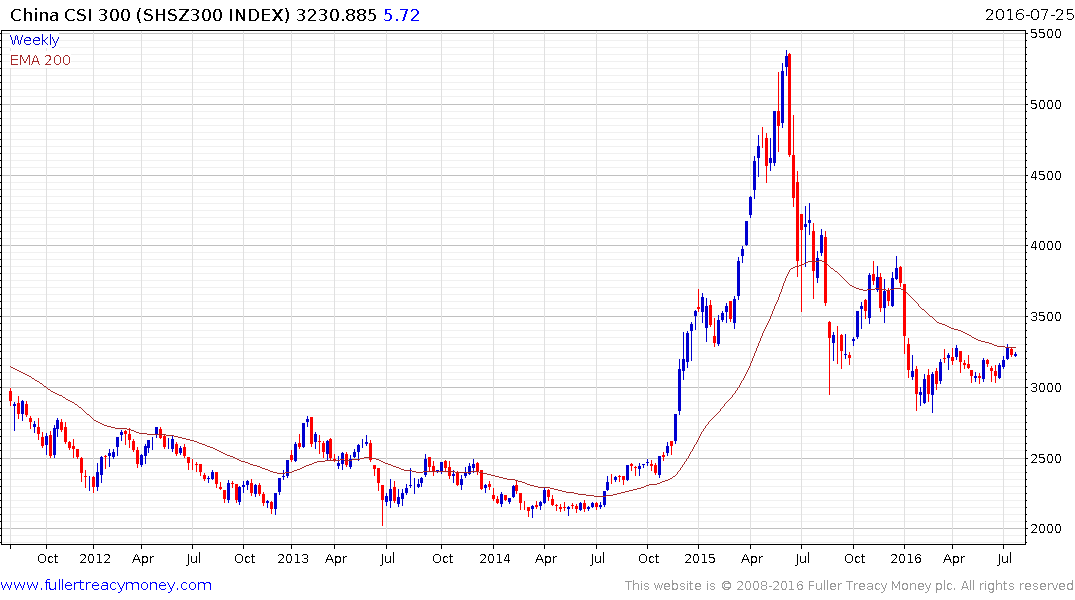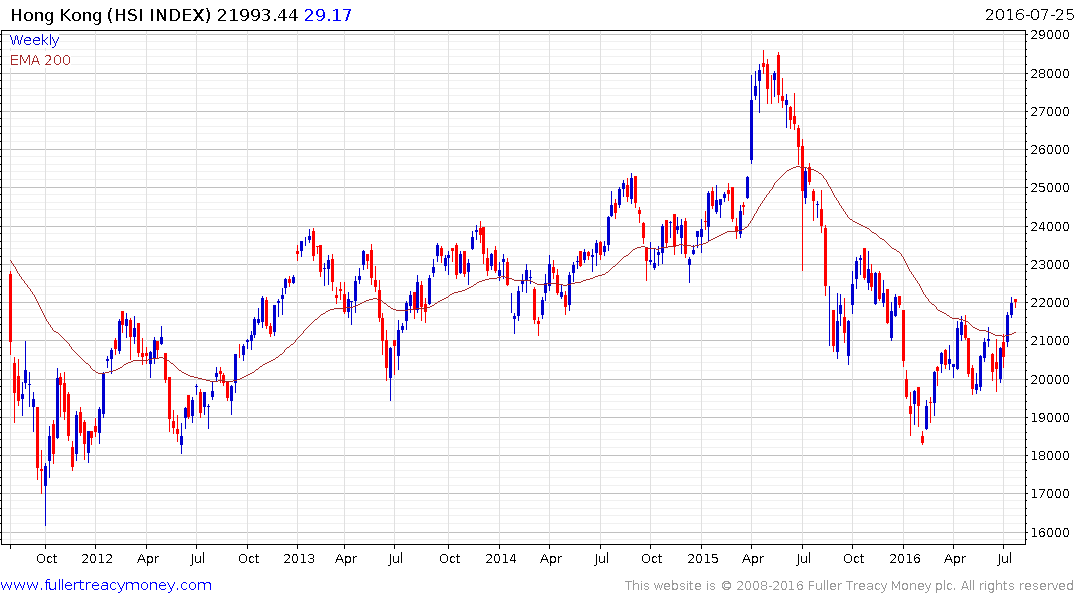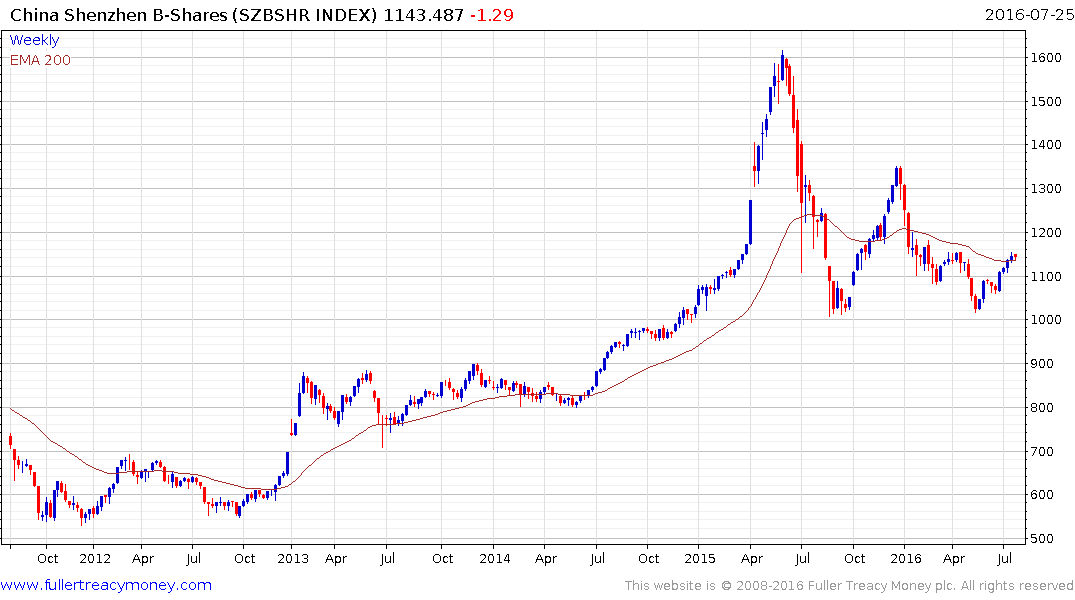Macro Morsels
Thanks to a subscriber for this report from Maybank which may be of interest. Here is a section on China:
Another important change in recent years involves the creation of municipal bond markets and the expansion of a debt swap program that allows localities to trade costly, fast-maturing outstanding loans for cheaper, slower-maturing bonds. The program reduces the risk of local government debt defaults in the near term by pushing back the maturity date for outstanding debts and lowering borrowing costs. In addition, it marks a first step toward giving local governments greater autonomy (and responsibility) over financing and making the process by which local governments raise capital more transparent and easier to measure.
Local governments in China pay for upward of 90 percent of all infrastructure construction while taking home a much smaller fraction of tax revenue. In the past, local governments covered the cost through a combination of land sales and loans taken out on their behalf by poorly regulated private entities called local government financing vehicles.
In 2015, after the rise of bond markets, local governments issued bonds worth 3.5 trillion yuan, nearly all of which took the form of debt swaps that cut local government interest payments by some 200 billion yuan, according to a government report released in March. The government plans to expand municipal bond issuance to as much as 6 trillion yuan by 2017 and 15 trillion yuan before 2020.
Neither those changes nor other ones underway in China's financial system amounting to the broad and ambitious reforms long promised by the country's leadership. These are tools for managing a crisis, not reconfiguring an economy. As such, they are sure to disappoint observers in and outside China who hoped that President Xi Jinping would move boldly to reduce the economy's dependence on the state. But given the scale of debt accumulated during the struggle to maintain macroeconomic stability in the past eight years, and considering the complex knot of political interests that exacerbated the excesses of that period, the financial tools and the policy approach they represent are reasonable and unsurprising. After all, their goal is not to produce a "rational" economy per se, but to preserve the state, even if doing so means accruing innumerable and perhaps insurmountable economic "irrationalities" in the meantime.
Here is a link to the full report.
The stability of the economy and by extension, the stock market, remain both political and financial objectives of the Communist administration. Considering the ambitions China has on the international stage it is no exaggeration that domestic stability also has geopolitical characteristics.

The CSI 300 Index has bounced from the psychological 3000 level on a number of occasions over the last couple of months. This was particularly true following the Brexit result when downward pressure was quickly reversed. It has now unwound its overextension relative to the trend mean and while some consolidation is underway a sustained move below 3000 would be required to question medium-term scope for continued upside.

The Hang Seng is also noteworthy because it is outperforming the major Chinese indices by such a wide margin. The Index broke back above the 200-day MA two weeks ago for the first time in a year and a sustained move below it would be required to question recovery potential.

The Shenzhen B Shares Index which is less influenced by banks and other state owned enterprises (SEOs) is trading above its 200-day MA and will need to hold the 1000 level on any pullback if medium-term support building is to be given the benefit of the doubt.


